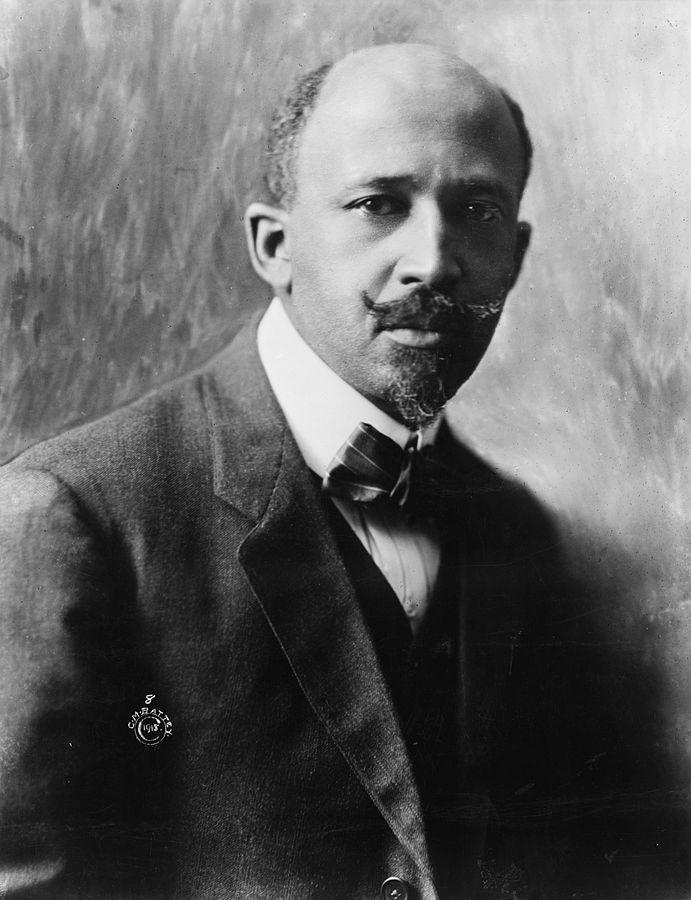“As White as Most White Women”: Racial Passing in Advertisements for Runaway Slaves and the Origins of a Multivalent Term
American Studies
Volume 54, Number 4, 2016
pages 73-97
Martha J. Cutter, Professor of English and Africana Studies
University of Connecticut
In 1731 a man named Gideon Gibson, along with several of his relatives, emigrated from Virginia to South Carolina. At first it was reported with consternation that Gibson was a free black man married to a white wife. However, when the South Carolina House of Assembly took up an investigation of Gibson, then governor Robert Johnson concluded that the Gibson family were “not Negroes nor Slave but Free people.” The Gibsons were allowed to remain in the colony, and they prospered, eventually purchasing 450 acres of prime South Carolina land; Gibson owned black slaves, and his sister married a wealthy planter. Gideon Gibson’s son married a white woman and himself became the owner of at least seven slaves. It would be forty-five more years before the colonies declared independence from Britain, but it seems the Gibsons had already declared themselves free from the social, legal, or ideological codes that would construct them as black, Negro, or mulatto. Another investigation in 1768 revealed that Gideon Gibson, Jr., “escaped the penalties of the negro law by producing upon comparison more red and white in his face than could be discovered in the faces of half the descendants of … [the House of Assembly].” Gideon Gibson, Jr., was judged to have been passing for white; he was in actuality a very light-skinned black man with black ancestors. Yet he was also a slave owner and a prosperous member of South Carolinian society.
On May 15, 1845, an enslaved black woman named Fanny ran away from her Alabama owner. Since Fanny could read and write, her owner speculates in an advertisement posted in the Alabama Beacon (June 14, 1845) that she might forge a pass for herself. But Fanny’s master also comments that “she is as white as most white women, with straight light hair, and blue eyes, and can pass herself for a white woman.” Fanny can pass for white, but indeed one wonders what her owner means when he says that she is “as white as most white women.” Are many “white women” not quite “pure” white? And yet they are not subject to perpetual enslavement, as Fanny is. Fanny is also described as “very pious” and “very intelligent.” This valuable piece of “property,” it is implied, in other ways is no different from a white woman. She is religious, rational, and light-skinned. In what ways is she not, the advertisement seems to wonder, a “white woman”? The advertisement appears to grant Fanny humanity as more than property, even as it seeks to re-enslave her. Her owner seems to know that nothing but “a fiction of law and custom”—to borrow Mark Twain’s words in Pudd’nhead Wilson (1894)—keeps her enslaved.
Although some scholars argue that racial passing began in earnest in the mid- to late nineteenth century, reached its pinnacle in the early twentieth century, and then abated or became “passé” by the 1930s, these two incidents and many others discussed in this essay indicate that, as both a word and a behavior, passing has a longer and more extensive early history and genealogy. Moreover, its meaning is unstable and changes based on historical context. When Gideon Gibson passed for white in 1731, he did so to migrate into a category of identity that empowered him in a period in which such racial migration was somewhat acceptable because ideologies of black racial inferiority had not yet solidified. That he owned slaves himself indicates that he did not see his passing as a challenge to the codes of law that allowed the perpetual possession of black human property; for Gibson slaveholding might have been a sign of his wealth, status, and power, rather than a racially inflected behavior. Fanny’s owner, on the other hand, manifests a more convoluted attitude toward passing and race, because by 1845 the ideology of African American physical and mental inferiority was entrenched and often used to rationalize the fact that blacks were the only group of individuals who could legally be held in perpetual enslavement in the United States. Matthew Frye Jacobson argues that in the United States, “whiteness” denoted “not only color but degree of freedom (as against…





